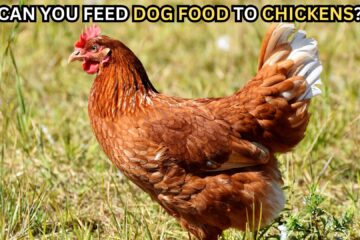Probiotics play a vital role in pet nutrition, contributing significantly to the digestive and immune health of animals.
Given the growing interest in holistic and preventative healthcare for pets, understanding the presence and benefits of probiotics in pet foods has become a priority for many pet owners.
This brings us to a pertinent question: Does Ollie pet food contain probiotics?
This question is not only relevant but essential for pet owners aiming to enhance their pets’ health through nutrition.
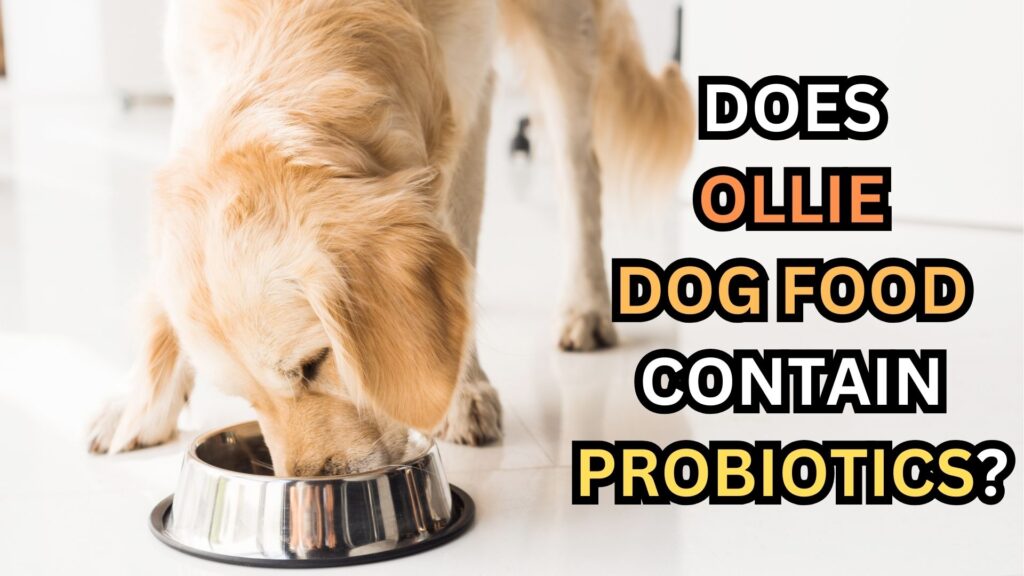
The Role of Probiotics in Animal Health
Probiotics are crucial for maintaining a healthy balance of gut flora. These beneficial bacteria colonize the digestive system, competing with harmful bacteria for nutrition and attachment sites on the intestinal wall.
By doing so, probiotics play a significant role in preventing gastrointestinal infections and enhancing the overall digestive process.
Moreover, probiotics are known to enhance immune function by stimulating the activity of immune cells and producing substances that can inhibit or kill pathogens.
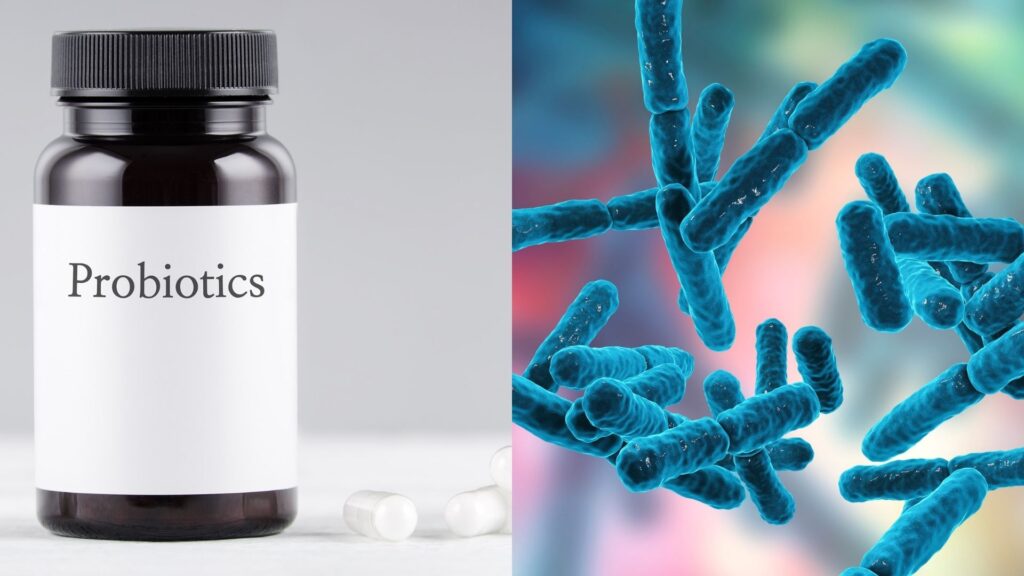
The benefits of probiotics for pets include:
- Improved digestion and nutrient absorption
- Enhanced immune system functionality
- Reduction in the frequency and severity of gastrointestinal issues such as diarrhea and constipation
- Potentially reduced allergic reactions
Why Pet Owners Look for Probiotics in Pet Food
The trend towards health-conscious pet care reflects a broader understanding of the importance of diet in maintaining a pet’s health.
Probiotics are sought after for their ability to contribute to a balanced diet, enriching pet food with components that support gut health and, by extension, overall well-being.
With the rise of conditions such as obesity, allergies, and digestive disorders in pets, owners are increasingly turning to diets that include probiotics as a preventative and supportive measure.
Pet owners are motivated by the desire to provide the best care for their pets, seeking out foods that not only meet their nutritional needs but also offer additional health benefits.
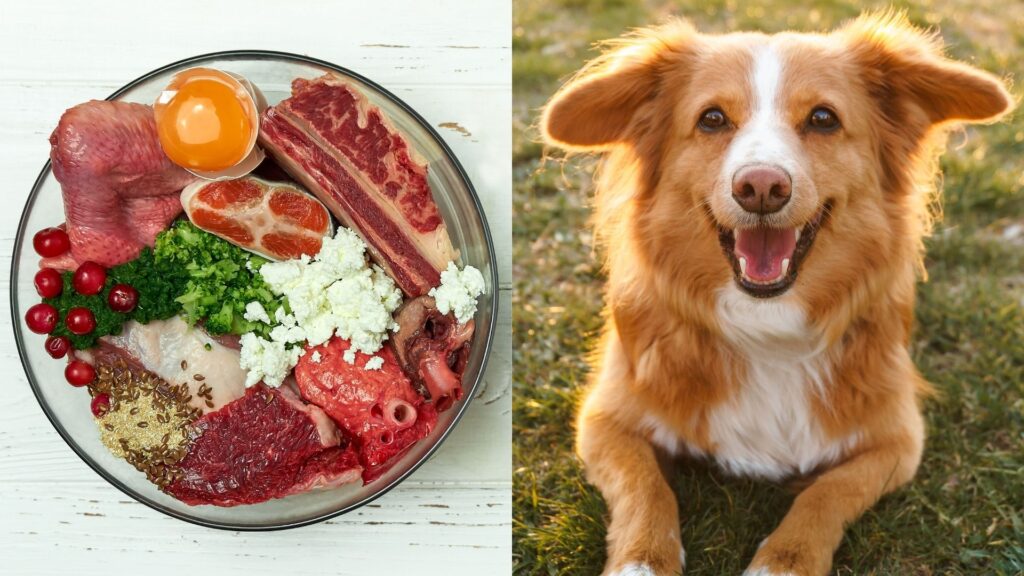
The inclusion of probiotics in pet food represents an advancement in pet nutrition, offering a proactive approach to health maintenance and disease prevention.
The inclusion of probiotics in pet food, such as Ollie, is a topic of significant interest among pet owners looking to improve their pets’ health through nutrition.
Does Ollie Include Probiotics in Their Formulations?
To determine if Ollie includes probiotics in their pet food, one must look for specific ingredients that are known to be probiotic strains or components that may support probiotic activity, such as prebiotics, which are fibers that feed the beneficial bacteria in the gut.
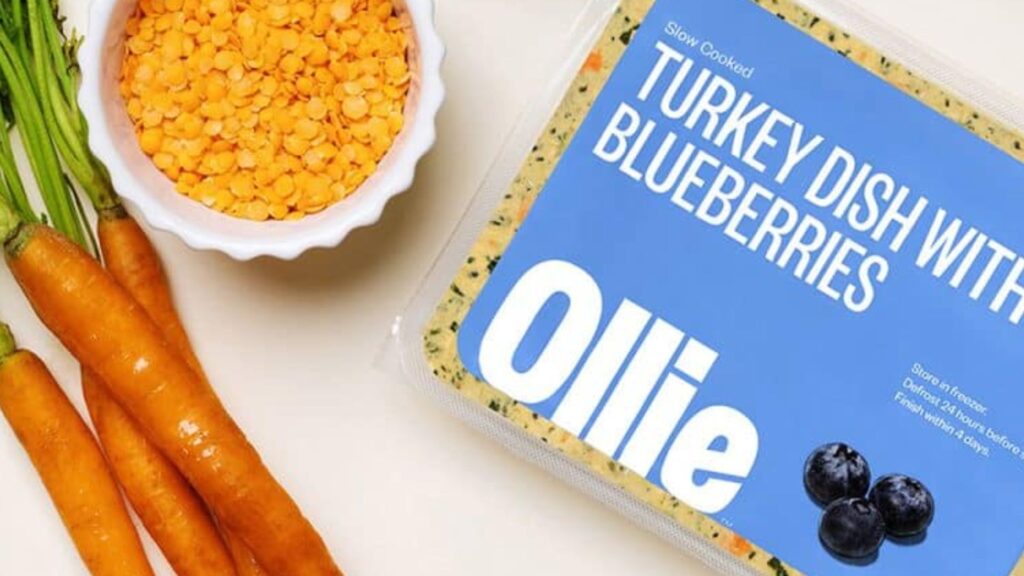
Ollie dog food focuses on providing high-quality, human-grade ingredients including vegetables & fruits (Carrots, Spinach, Peas, etc) in its meals, aiming for natural and minimally processed options to ensure pets get the most nutritious food.
Carrots, Spinach, and Peas present in ollie’s recipes provide good sources of probiotics and prebiotics that improve digestion and boost the immune system.
So, the answer to this question: ‘does ollie contain prebiotics/probiotics?; is YES. Most of their recipes contain ingredients that are rich in fibers and healthy pre and probiotics.
Types of Probiotics Found in Ollie
Each probiotic strain has unique benefits and is selected for its specific health-promoting properties. Common strains include:
- Lactobacillus acidophilus: Beneficial for maintaining a healthy balance of bacteria in the pet’s gut, supporting digestive health, and potentially improving immune function.
- Bifidobacterium bifidum: Known for its role in supporting the immune system and enhancing gut health by reducing the incidence of diarrhea and other gastrointestinal issues.
- Enterococcus faecium: Often included in pet foods for its ability to help maintain the balance of beneficial bacteria and support a healthy digestive tract.
The benefits associated with these and other probiotic strains include improved digestion and nutrient absorption, enhanced immune system health, and a reduced risk of gastrointestinal disturbances such as diarrhea, constipation, and vomiting.
As a veterinarian, recommending a pet food that aligns with an animal’s specific health needs, including the need for probiotics, is paramount, underscoring the importance of thorough product research and understanding.
Benefits of Choosing Probiotic-Enriched Pet Food
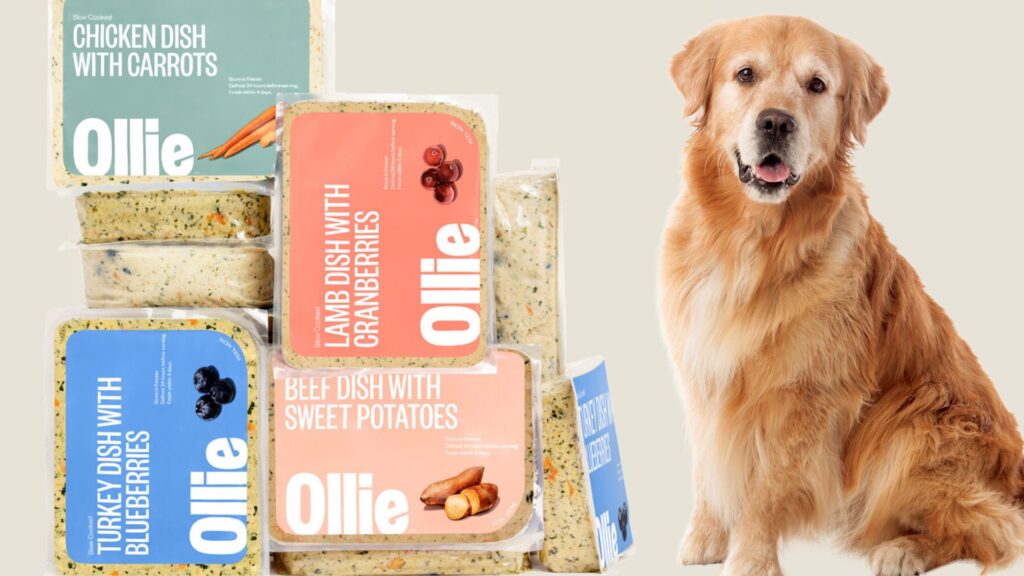
Enhancing Your Pet’s Digestive Health
Probiotics in pet food play a pivotal role in maintaining and improving digestive health. These beneficial bacteria colonize the gut, helping to balance the intestinal flora.
This balance is essential for several reasons:
- Improved Digestion and Nutrient Absorption: Probiotics assist in breaking down food substances, making it easier for the body to absorb nutrients. This is particularly beneficial for pets with sensitive stomachs or those that have had digestive issues in the past.
- Regulation of Bowel Movements: By enhancing gut health, probiotics contribute to more regular and healthier bowel movements, reducing the instances of diarrhea or constipation.
- Prevention of Gastrointestinal Disorders: The balance of gut flora can help prevent the overgrowth of harmful bacteria, reducing the risk of gastrointestinal infections and diseases.
Probiotics for Immune System Support
The health of the gut is intrinsically linked to the immune system. A significant portion of a pet’s immune system is located in the gastrointestinal tract, making gut health a priority for immune support.
- Stimulation of Immune Response: Probiotics can enhance the body’s immune response, enabling the pet to better fight off pathogens and infections.
- Reduction of Inflammation: Chronic inflammation can lead to numerous health issues. Probiotics have been shown to reduce the level of inflammation in the body, contributing to overall health and well-being.
How to Introduce Probiotic Foods to Your Pet’s Diet
Introducing probiotic-enriched food to your pet should be done gradually to avoid digestive upset.
Here are some best practices:
- Start Small: Begin with small amounts of the new food mixed into your pet’s current diet. Slowly increase the proportion of the new food over a week or two.
- Monitor Your Pet’s Reaction: Keep an eye on your pet for any signs of digestive distress, such as diarrhea or vomiting. If you notice any adverse reactions, reduce the amount of new food and consult with a veterinarian.
- Ensure Hydration: Changing a pet’s diet can sometimes lead to changes in water intake. Make sure your pet has access to fresh water at all times to stay hydrated.
- Choose High-Quality Probiotic Foods: Not all probiotic foods are created equal. Select a high-quality product that specifies the strains of probiotics used and their benefits.
By carefully selecting probiotic-enriched pet food and introducing it into your pet’s diet thoughtfully, you can significantly enhance your pet’s digestive health and immune system function.
As always, it’s important to consult with a veterinarian before making significant changes to your pet’s diet, especially if your pet has pre-existing health conditions or dietary restrictions.
FAQs About Probiotics in Pet Food
Do all pet foods contain probiotics?
No, not all pet foods contain probiotics. The inclusion of probiotics is a feature more commonly found in premium or specialized pet foods.
Manufacturers may add probiotics to promote specific health benefits, such as improved digestion and immune support.
It’s important to read the ingredient list and product information to determine if a pet food contains probiotics.
How can I tell if my pet’s food has enough probiotics?
Determining if your pet’s food contains an adequate amount of probiotics can be challenging because the effective dosage can vary based on the strains used and the specific needs of your pet.
However, quality pet foods with probiotics should specify the types and concentrations of probiotic strains on the packaging or accompanying product information.
Consulting with a veterinarian can also help you understand whether a pet food’s probiotic content meets your pet’s nutritional needs.
Are there any risks associated with probiotics in pet food?
Probiotics in pet food are generally considered safe for most pets. However, as with any dietary change, there is a potential for mild gastrointestinal upset, especially when introducing probiotic foods into your pet’s diet for the first time.
Pets with compromised immune systems or those with underlying health conditions should be monitored more closely when their diet is supplemented with probiotics.
Always consult with a veterinarian before introducing new foods into your pet’s diet, especially if your pet has health concerns.
Summary
Probiotics play a crucial role in pet nutrition, offering numerous benefits that support digestive health and enhance the immune system. While not all pet foods contain probiotics, those that do can significantly contribute to maintaining your pet’s health and well-being.
When selecting probiotic-enriched pet food, it’s essential to consider the quality and quantity of probiotics present and to introduce such foods gradually to your pet’s diet.
As for Ollie pet food, it contains an adequate amount of fiber and probiotics, Ollie is known for its high-quality ingredients and commitment to pet health.


